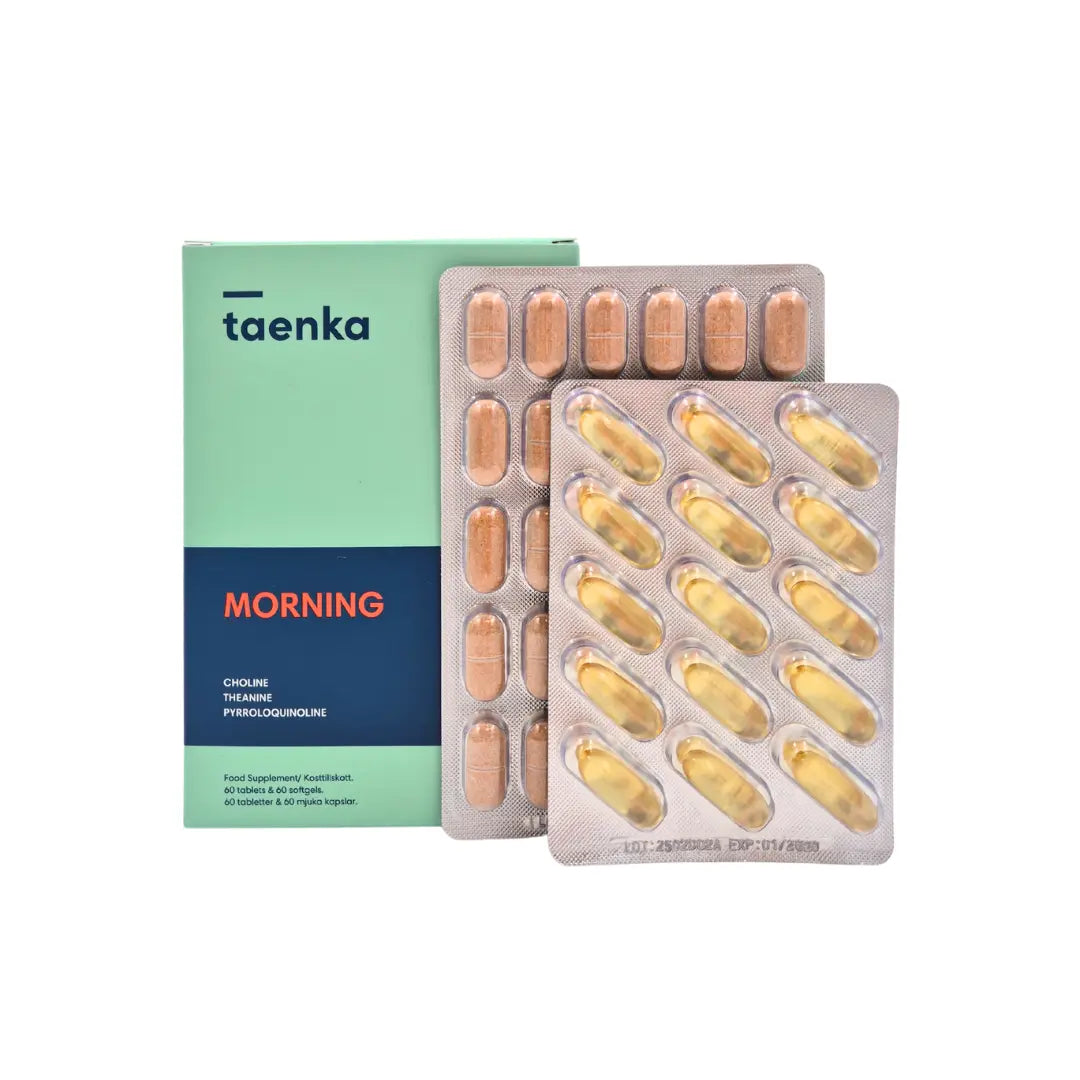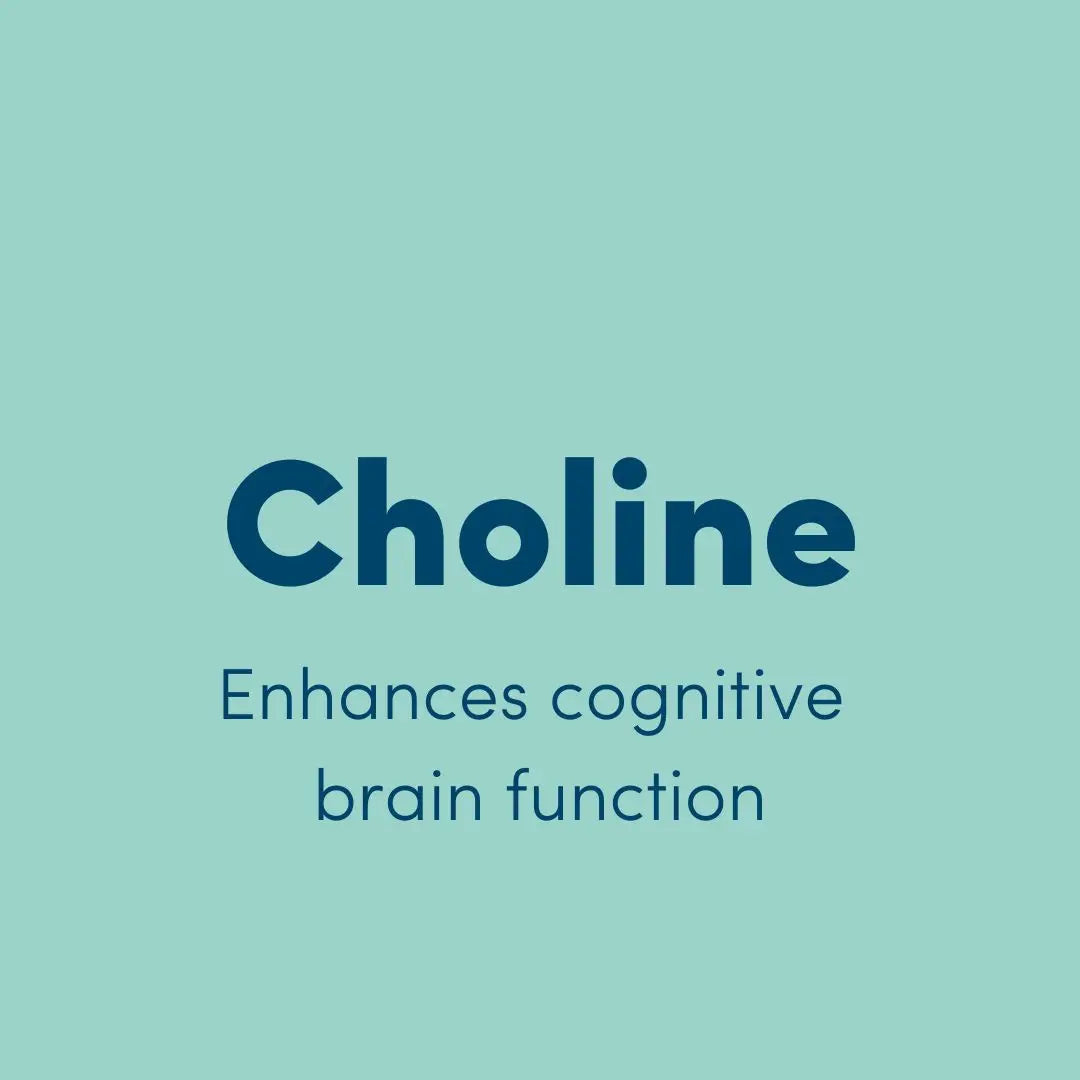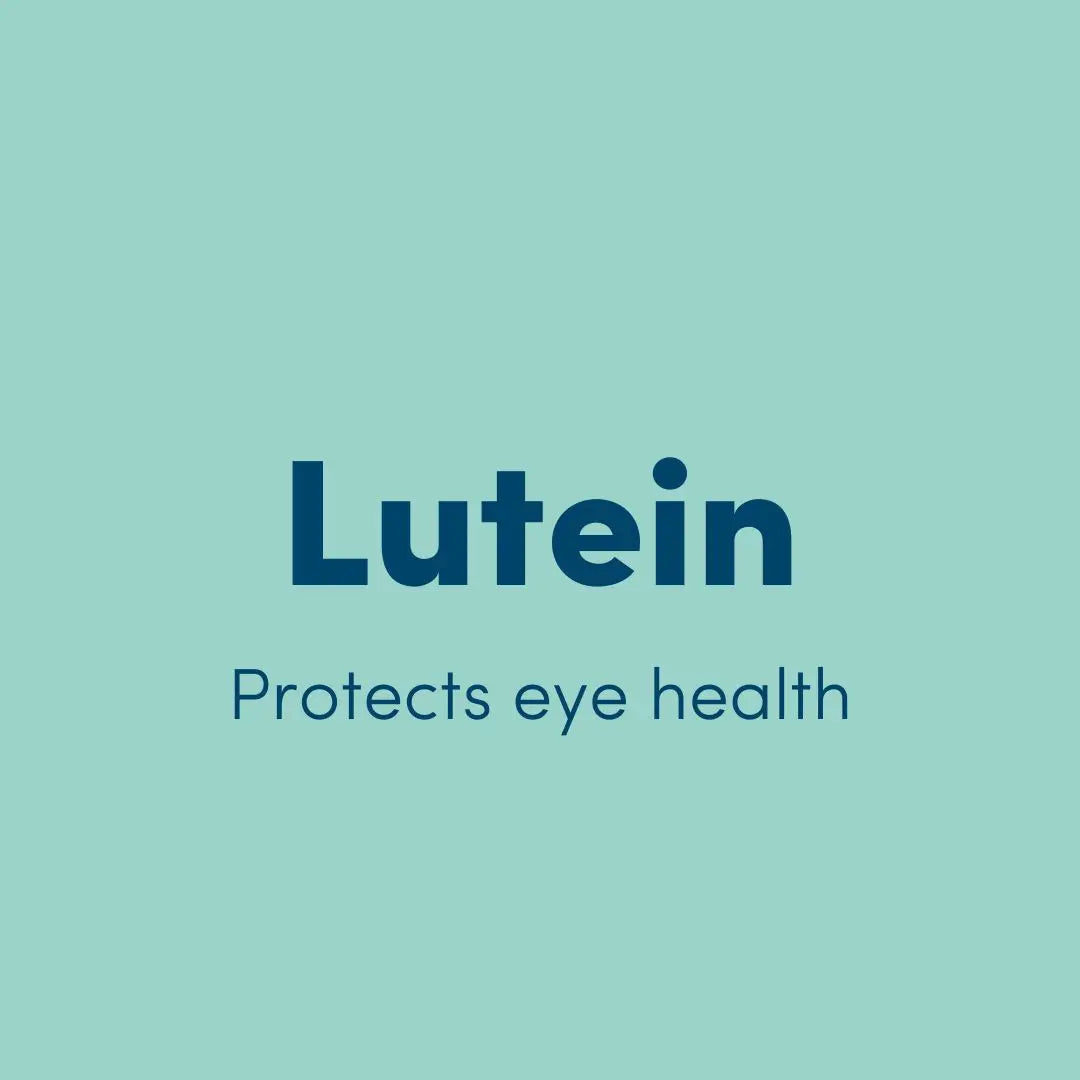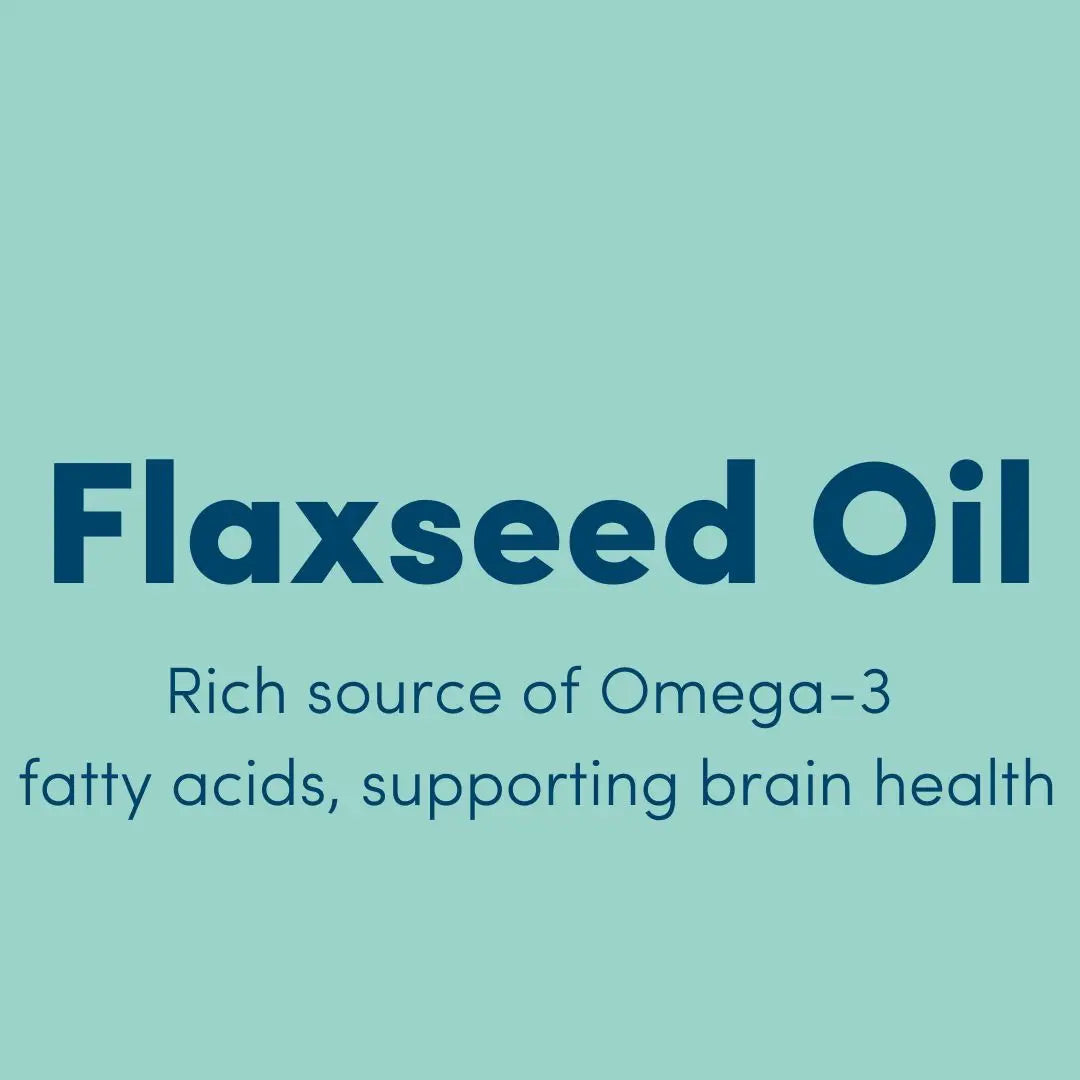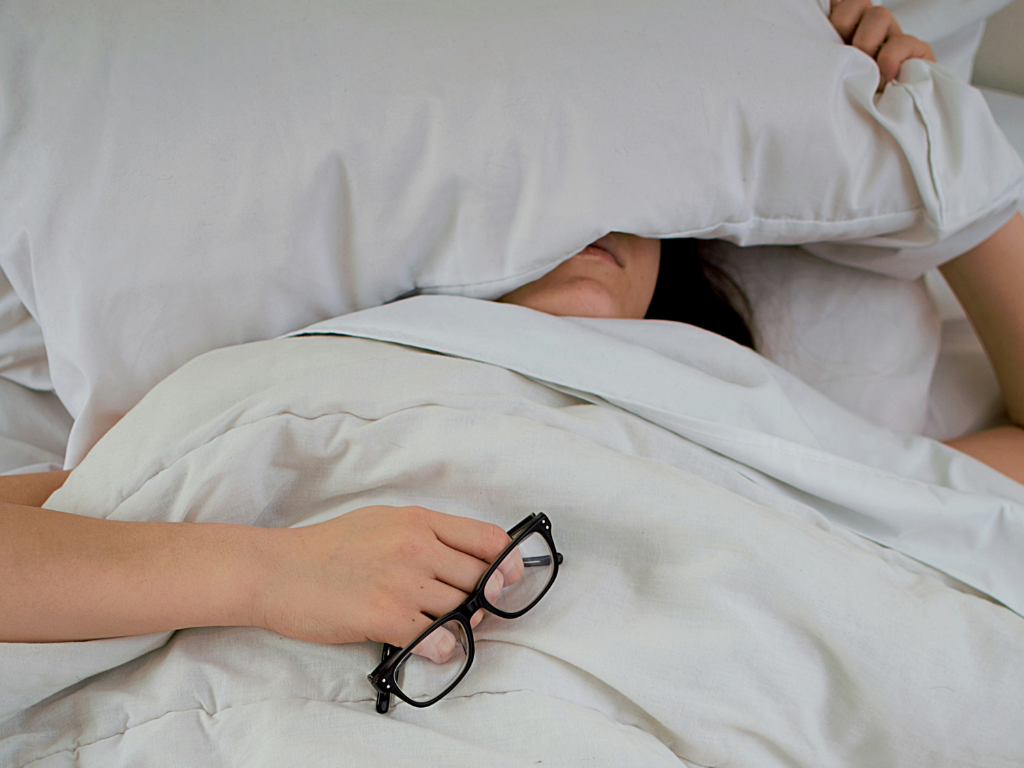
The ability to create and retrieve memories from our memory bank has always been crucial for survival, allowing us to adapt to an ever-changing world. While awake, our brain excels at forming new memories and retrieving old ones. But during sleep, its focus shifts — this is when memories are consolidated, essentially stored in our brain’s "hard drive".
Why All-Nighters Don’t Work
If you’re trying to learn something new, it’s a bad idea to study all night. Prioritizing sleep helps to cement what you’ve learned, turning it into lasting knowledge. Learning is a two-way process: you need sleep to consolidate information, but research also shows that good sleep enhances your ability to learn new things.
Sleep not only locks in what you studied the previous day but also prepares your brain for new learning the next day. That’s why sacrificing sleep for study time is counterproductive. Sleep and repetition form the foundation of effective learning.
The Science Behind Sleep and Academic Performance
Studies confirm this. Researchers at MIT tracked the sleep pattern of nearly 100 engineering students over a semester. The findings were clear: students who slept longer, maintained consistent sleep schedules, and had high-quality sleep outperformed those who didn’t. In fact, sleep explained about 25% of the variation in academic performance – a substantial difference that could determine whether a student passes or fails an exam. And contrary to popular belief, one good night’s sleep before a test isn’t enough: long-term, consistent sleep habits optimize learning.
Sleep Boosts Problem-Solving Skills
Good sleep doesn’t just enhance memory -it also boosts problem solving skills. We’ve all faced tough decisions, made pros-and-cons lists, and still struggled to find answers. Sleeping on it can provide clarity. This happens because the brain processes emotions, events, and memories overnight, allowing for subconscious problem solving.
In one study, participants tackled tasks of varying difficulty. One group kept trying without breaks, another took a break without sleeping, and a third group slept. While all groups performed similarly on easy tasks, the sleep group excelled at solving the hardest ones.
The Takeaway
Prioritize sleep and regular review to maximize learning! And when you are stuck on a problem, sometimes the best solution is to simply sleep on it.
References:
Okano, K., Kaczmarzyk, J.R., Dave, N. et al. Sleep quality, duration, and consistency are associated with better academic performance in college students. npj Sci. Learn. 4, 16 (2019). https://doi.org/10.1038/s41539-019-0055-z
Newbury CR, Crowley R, Rastle K, Tamminen J. Sleep deprivation and memory: Meta-analytic reviews of studies on sleep deprivation before and after learning. Psychol Bull. 2021 Nov;147(11):1215-1240. doi: 10.1037/bul0000348. PMID: 35238586; PMCID: PMC8893218.
Sio UN, Monaghan P, Ormerod T. Sleep on it, but only if it is difficult: effects of sleep on problem solving. Mem Cognit. 2013 Feb;41(2):159-66. doi: 10.3758/s13421-012-0256-7. PMID: 23055117.
